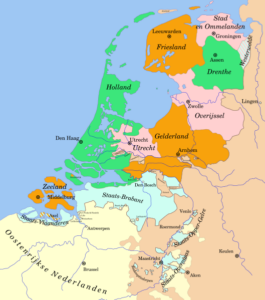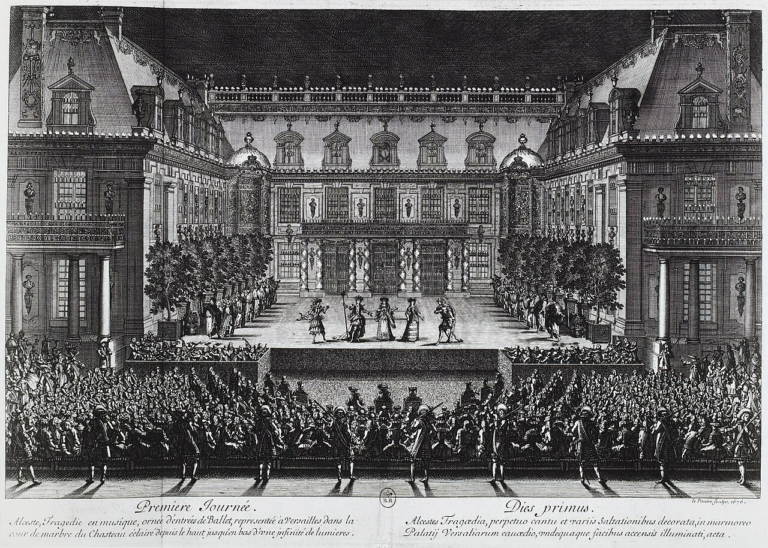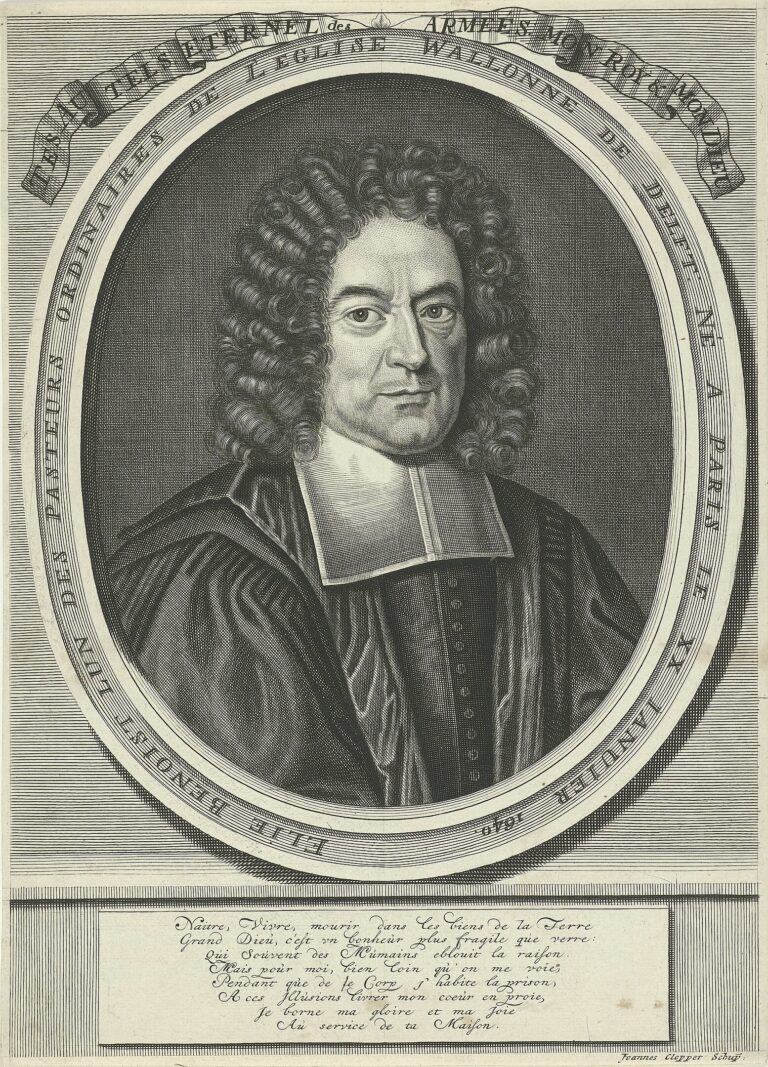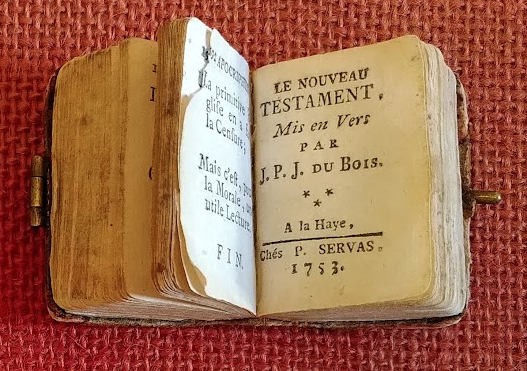U is for United Provinces – Dutch Republic
A contribution to the #AtoZchallenge 2024
History and geography
The United Provinces of the Netherlands grew out of the 1579 Union of Utrecht. The seven northern regions that won independence from Spain from 1568 to 1609 formed an alliance, also known as the Dutch Republic. The area comprised approximately that of the present Kingdom of the Netherlands.
Political control of the decentralized state shifted repeatedly between the province of Holland and the princes of Orange, who held the office of stadtholder and aspired to a greater degree of centralization. This internal political stress, however, did not prevent the ascendancy of the Dutch Republic in the 17th century. In this “Golden Age” the republic proved economically successful, its wealth being based on sea trade, and developed into a world colonial empire far out of proportion to its resources.
The United Provinces and Louis XIV
As a major economic power in the 17th century, the United Provinces competed with France for trade dominance. This economic rivalry fueled underlying tensions between the two nations.
Louis XIV, aiming to expand French territory, launched a surprise attack on the United Provinces in 1672. This war, known as the Franco-Dutch War, was a major turning point in their relationship. Initially caught off guard, the United Provinces managed to rally their defences and form alliances with other European powers to counter France. The war ended with the Peace of Nijmegen in 1678, with France making some territorial gains but failing to cripple the Dutch Republic.
The relationship between the Dutch Republic and Louis XIV’s France was thus characterized by a mixture of conflict, rivalry, and diplomacy. Both powers sought to advance their own interests and influence in Europe, leading to periodic tensions and conflicts but also moments of cooperation and diplomacy.
William of Orange
A key figure in Dutch politics and military prowess during this period was William of Orange, who was a fervent Protestant and became a staunch opponent of the Catholic Louis XIV. He played a crucial role in uniting European powers against French expansionism.
In 1689, William of Orange became king William III of England, Scotland, and Ireland. He directed European opposition to Louis XIV of France and, in Great Britain, secured the triumph of Protestantism and of Parliament.
The United Provinces were one of the few places in Western Europe which allowed religious freedom to people of different faiths, including the Jews. However, the republic declined during the 18th century. It was exhausted by its long land wars, its fleet was in a state of neglect, and its colonial empire stagnated and was eclipsed by that of England. In 1795, the republic collapsed under the impact of a Dutch democratic revolution and invading French armies.
[Information taken largely from Encyclopædia Britannica]
In the historical novel ‘Greet Suzon for me’, the Huguenot Gédéon helps his family escape from France to Jersey. After some years, he is sent on a clandestine mission to London and meets King William III. The book is now available.
Here are all the A-Z posts: A B C D E F G H I J K L M N O P Q R S T U V W X Y Z







